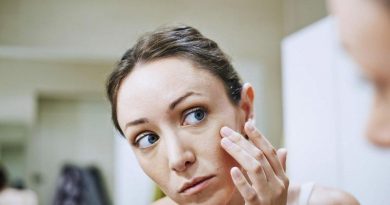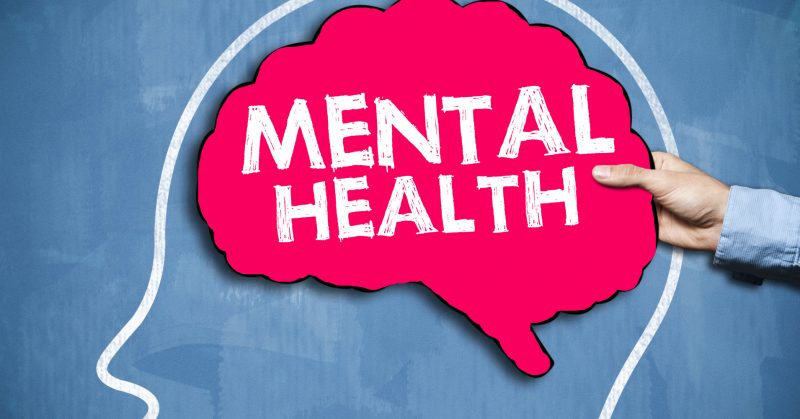Vitamin D3 And Seasonal Affective Disorder (SAD) – Is There A Connection?
Most parts of the world experience the four seasons that the world has to provide. While those that live nearer to the equator crave for some warmth in summer, people that live in hotter regions wish they’d see more of winter. This is especially true if you live in the Middle Eastern region. However, colder seasons can sometimes bring sadness for some people.
Seasonal Affective Disorder or ‘winter blues’ as they are sometimes called is an actual thing. People who experience SAD often go through mood disturbances which don’t just affect their own lives but changes things for those around them too.
While plenty of research has been done on SAD, its connection with vitamin D3 is one which has only recently been found. But before we get into that discussion, let’s talk about the disorder itself.
What Is Seasonal Affective Disorder?
Though people with SAD have similar symptoms to those that experience depression, they don’t face feelings of unworthiness or have suicidal thoughts. Here’re some of the most common signs that people with SAD may exhibit.
- Depressed mood
- Sleepiness
- Challenges with concentration
- Weight gain
- Anxiety and irritability
- Carbohydrate craving
- Decreased libido
Patients who show symptoms of the disorder usually go through them in winter. However, the signs seem to disappear completely in spring or early summer.
What’s the Connection?
Light therapy, antidepressants, and talk therapy are known to improve symptoms of SAD. While several types of research have been done to show the effect of sunlight on the disorder, nothing has supported this hypothesis. However, a Danish study done a few years ago examines that it may be the vitamin D that causes improvement in symptoms when patients are exposed to sunlight.
In a nutshell, vitamin D is produced by the skin after it has been exposed to sunlight. Though the Danish study couldn’t reach a conclusive result, there is a sense in the connection. For one thing, vitamin D levels go down in winter because of low sunlight, and this might be why there is an increase in instances of SAD.
A research team led by the University of Georgia studied the link between SAD and vitamin D levels and published a study that hypothesized their connection.
How Can Vitamin D Help?
Though taking vitamin D supplements can’t be depended on to improve SAD symptoms, they can help when used with other treatment options. Depending on the severity of the disorder, your psychiatrist may prescribe antidepressants like Prozac and ask you to sleep beside a lamp or even wear light emitting caps.
Finally, the truth is that the Seasonal Affective Disorder hasn’t yet been explored enough to reach a conclusion. While treatment options are available, the exact cause and its relationship with Vitamin D is not yet known.
Remember, you must consult your doctor before starting any supplements like vitamin D because they may interfere with under underlying conditions.




